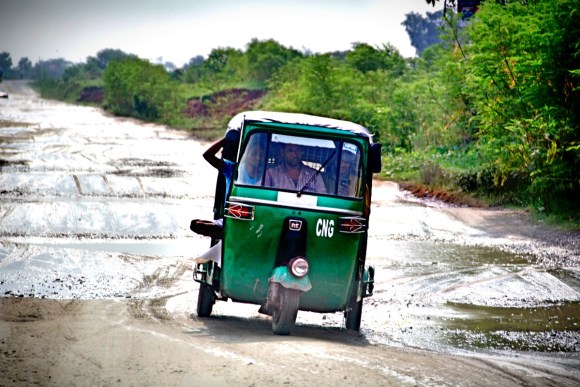Shuvo shokal from Dhaka,
“You can live like a king,” was a common refrain in the international school community. It was never our motivation for coming here. From the outset, we’ve been interested in the differences in wealth and happy to act as minor agents for redistribution. We knew we would struggle to some extent with the guilt which arises from obvious differences between rich and poor; between us and them, in short.

Here in Dhaka there are beggars on the streets, including children who knock on car windows, gesticulating for food with despairing facial expressions. The question becomes: who do you help and to what extent? How on Earth do you distinguish between genuine need and feigned or syndicated scam? What’s the fairest way to make a difference?
a question of resources
On our brief journey to Nepal, our bespectacled driver Prammod vouchsafed to us that he had never been to the mountains. “too busy job” said Prammod. This doesn’t merely seem an odd circumstance but also something of an injustice. Here we are, able to afford a casual jaunt in the Himalayans and Prammod’s been within touching distance all of his life and he’s never had the resources to visit his country’s greatest asset
Englishman Redmond O’Hanlon describes the conundrum well: “You’re bloated aren’t you?” went the usual refrain in my head. “You’re fat with all the unearned privilege that has come your way, with all the gross advantages that were yours for the taking just because of the country you were born in”.
Up in the foothills of the Himalayas, a brief exchange reinforced the feeling. Hari lives in Pothana in the Annapurna Range, selling goods to passing trekkers. Linda suggests he visit Australia. “It is not possible. You come Nepal. It is cheap. I go to your country. It is too expensive,” says Hari with a resignation borne of many years of contemplating the thought. The conundrum has bothered us too.

So, we think we may have settled on a reasonable compromise. We are sponsoring some children in a local school. We are helping the kids at our school to raise funds for and awareness of a worthy local charity. Also, we have purchased a rickshaw. We never bargain and we give above the going price for rickshaw rides. And we shop in the smaller retail outlets rather than the multinational chains.
permanent legacies
Solmaid Community School was started by some members of our foreign staff, including the Australian CEO and his wife. We visited the school a few weeks back on a kind of reconnaissance mission. In fact, we were very impressed in the altruistic donation these people have built and will leave as a permanent legacy. 144 kids are enrolled in the tiny school (a converted house) and have lessons in Bangla and English in two crowded shifts. The children come from families where the monthly income is less than 7000 taka (a paltry amount). We were reminded somewhat of Greg Mortensen’s “Three Cups of Tea” model from Pakistan. In his book, incidentally, he made specific reference to schools in Bangladesh. “He was very impressed with the schools that had been built for girls in Bangladesh, one of the poorest countries on Earth.”

opportunity cost
Shaheen is the principal of Solmaid Community School in Dhaka and works – along with his colleagues – long hours to make it work. He says he can tell the integrity of someone because “some speak from the head, some speak from the heart”. Some of the families make a conscious sacrifice by sending them to the school. There is an opportunity cost represented by the amount of money the kids could raise by begging on the streets. The kids seem to enjoy being there and there is a long waiting list.

Neither of us ever wants to live like the monarchy. We have made our place very cosy and inviting. And we are comfortable with our regime of giving. I can fully comprehend my mother’s reluctance to deal with the guilt of being filthy rich in a dirt-poor country but we also want to make some kind of meaningful difference and we are satisfied that we are doing some genuine good. It leaves us with good feelings.
khoda hafez from Dhaka
Greg
Other photos from hereabouts



